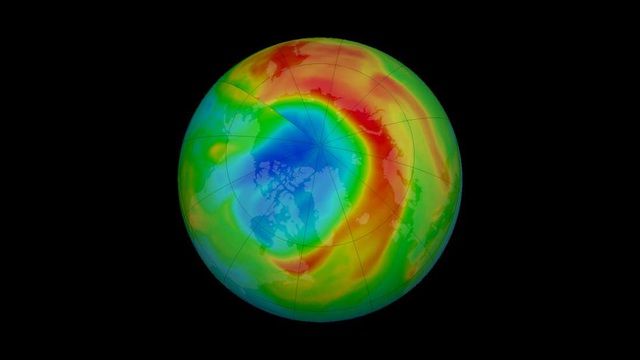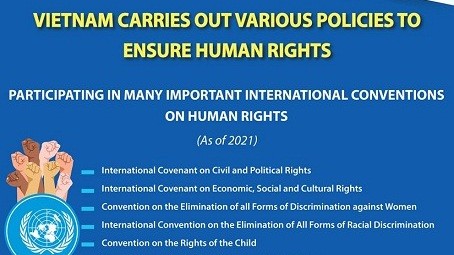
Viet Nam joins global efforts in protecting ozone layer
Latest
 |
| Illustrative image. (Photo: Getty Images) |
Viet Nam’s consumption of Hydrochlorofluorocarbon (HCFC) neared 2,600 tonnes in 2020, a decline of 35 percent compared to that in the previous year.
The Department of Climate Change at the Ministry of Natural Resources and Environment (MoNRE) is carrying out the HCFC’s Phase-out Management Plan - Stage II (HPMP II) project sponsored by the World Bank for 2018-2023, with an aim to cut down HCFC consumption at the grassroots level by 35 percent in accordance with the Montreal Protocol.
Of note, Viet Nam put an end to the usage of some chemicals, including CFC, Halon and CTC, at the start of 2010.
In September 2019, the Government issued a resolution ratifying the Kigali Amendment to the Montreal Protocol, under which the country would build a roadmap for control over and reduction of HFCs between 2024 and 2045.
One of the achievements made in the work so far is the legalisation of regulations on ozone layer protection in Article 92 of the 2020 Law on Environmental Protection, and guiding documents which will take effect from January 1 next year.
On the occasion of this year’s World Ozone Day (September 16), the MoNRE has launched an art contest on the theme.
The Montreal Protocol was signed in 1987 and entered into force on January 1, 1989. It is an international treaty designed to protect the ozone layer by phasing out the production of numerous substances that are responsible for ozone depletion.
To date, it has been ratified by 197 countries, and has been one of the most successful environmental agreements to date. A united global effort to phase out ozone-depleting substances means that today, the hole in the ozone layer is healing, in turn protecting human health, economies and ecosystems.
Viet Nam became a signatory of the United Nations Framework Convention on Climate Change in 1992, the Vienna Convention for the Protection of the Ozone Layer and the Montreal Protocol in 1994.




















